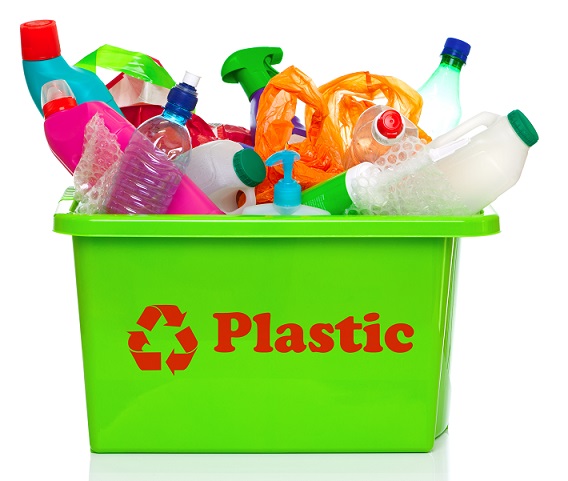Six major categories of plastic packaging significantly reduce energy use and greenhouse gas emissions compared to packaging made with alternative materials, according to a new study.
Compiled by Franklin Associates for the American Chemistry Council and the Canadian Plastics Industry Association, and using 2010 as a baseline year, the data shows replacing plastic packaging with alternative materials would result in a 4.5 times more packaging weight, an 80 percent increase in energy use and 130 percent more global warming potential.
“The benefits hold up across a range of different kinds of applications and materials,” said Keith Christman, managing director of plastics markets for ACC. “Because plastics use so much less material in the first place it results in dramatic greenhouse gas reduction, and that’s just the start. It really adds up across the different types of packaging, to the equivalent of taking more than15 million cars off the road.”
The study pits the six major packaging resins — low density polyethylene, high density PE, polypropylene, PVC, polystyrene, expanded PS, PET — against paper, glass, steel, aluminum, textiles, rubber, and cork. It considers the implications of the materials used in caps and closures, beverage containers, other rigid containers, shopping bags, shrink wrap, and other flexible packaging in a detailed life cycle assessment.
Individual studies on particular products have been done before, Christman said, on products ranging from plastic pouches vs. cans for tuna and EPS vs. paper cups. But the new study, titled Impact of Plastics Packaging on Life Cycle Energy Consumption and Greenhouse Gas Emissions in the United States and Canada, is comparatively sweeping.
It contains more than 50 tables and 16 charts and illustrations and examines each of the major life cycle stages for packaging: raw material production, packaging fabrication, distribution transport, post-consumer disposal and recycling.
The study also offers a glimpse into the potential unintended consequences of proposed and recently enacted bans on plastic packaging products, Christman said. While a plastic bottle ban might keep bottles out of waterways, the increase in energy use to manufacture, transport and even recycle their glass counterparts would be dramatic, according to the numbers.
“I don’t think that’s what people intend by some of those policies,” Christman said. “But it could happen if policies force people back to alternatives that use more energy and produce more greenhouse gas emissions.”
Click here for the original Plastic News article.
By Gayle S. Putrich
Staff Reporter Plastics News
Published: March 14, 2014 12:29 pm ET

